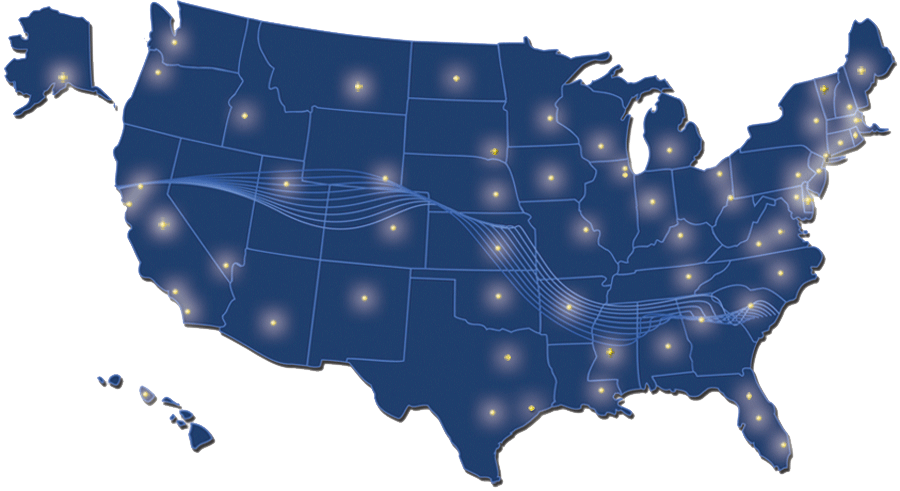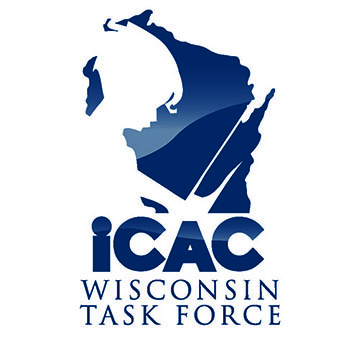
Internet Crimes Against Children (ICAC) Task Force Program
We are a national network of 61 coordinated task forces, representing over 5,400 federal, state, and local law enforcement, dedicated to investigating, prosecuting and developing effective responses to internet crimes against children.
CONFERENCES
ICAC Task Force Program training providers will be supporting and presenting at several child protection conferences across the nation.
TRAINING
The training programs delivered by the ICAC training providers are essential in providing the federal, state and local agencies, that make up the ICAC Task Force Program, the tools and techniques necessary to develop an effective response to technology-facilitated child sexual exploitation and internet crimes against children.



The ICAC training providers have an extensive catalog of e-learning and classroom training programs available to ICAC members. Become a member of this website to browse and register for upcoming training opportunities.
Become a member Sign InCOLLABORATION IN NUMBERS
Since the ICAC Task Force Program's inception in 1998.
PUBLIC AWARENESS
One of the best tools we have to prevent internet crimes against children is education. Educating the public through the development and delivery of public awareness and prevention programs is also one of the many important initiatives of the ICAC Task Force Program. Since 1998, members of the ICAC Task Force Program have delivered more than 194,000 community outreach presentations to local communities across the nation.
EDUCATING OUR COMMUNITIES
We welcome you to browse resources the ICAC Task Force Public Awareness Working Group has compiled to educate yourself, your children, colleagues, or teachers on how to safely use the internet. Below are some of our top resources.
Trending Technology Safety Resources
Learn More
ICAC TASK FORCE AGENCIES
The Internet Crimes Against Children (ICAC) Task Force Program is a national network of 61 coordinated task forces, representing more than 5,400 federal, state and local law enforcement and prosecutorial agencies.

The ICAC Program was developed in response to the increasing number of children and teenagers using the Internet and other technology, the proliferation of child sexual abuse images available electronically, and the heightened online activity by predators seeking unsupervised contact with potential underage victims. The ICAC Task Force agencies are engaged in both proactive and reactive investigations, forensic examinations, and criminal prosecutions. By helping state and local agencies develop effective, sustainable responses to online child victimization, including responses to child sexual abuse images, the ICAC Program has increased law enforcement's capacity to combat technology facilitated crimes against children at every level.
learn more
This website is funded through a grant from the Office of Juvenile Justice and Delinquency Prevention, Office of Justice Programs, U.S. Department of Justice. Neither the U.S. Department of Justice nor any of its components operate, control, are responsible for, or necessarily endorse, this website (including, without limitation, its content, technical infrastructure, and policies, and any services or tools provided).

